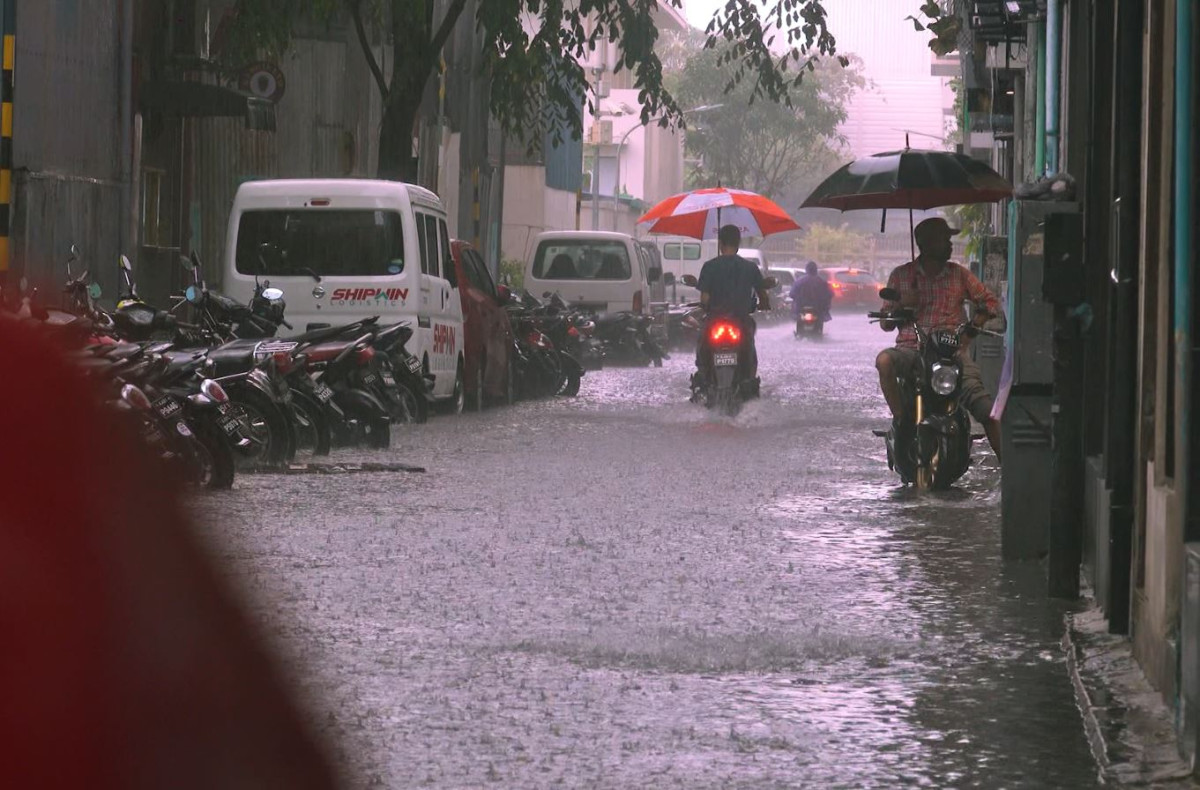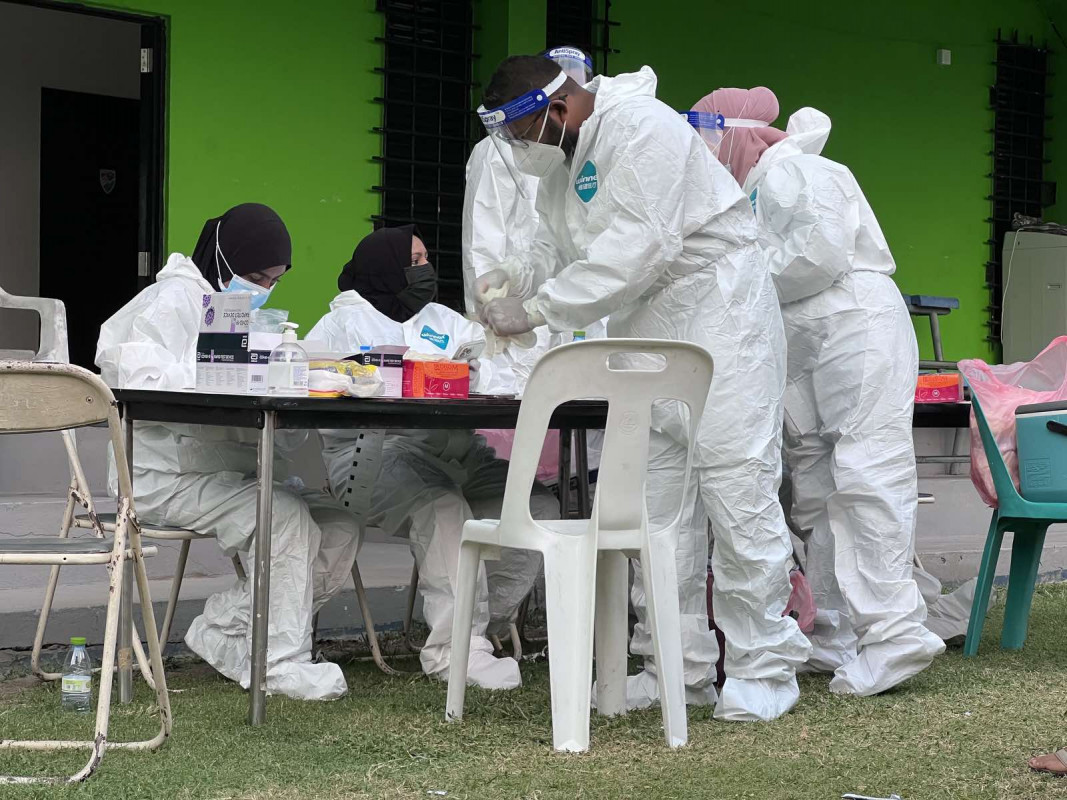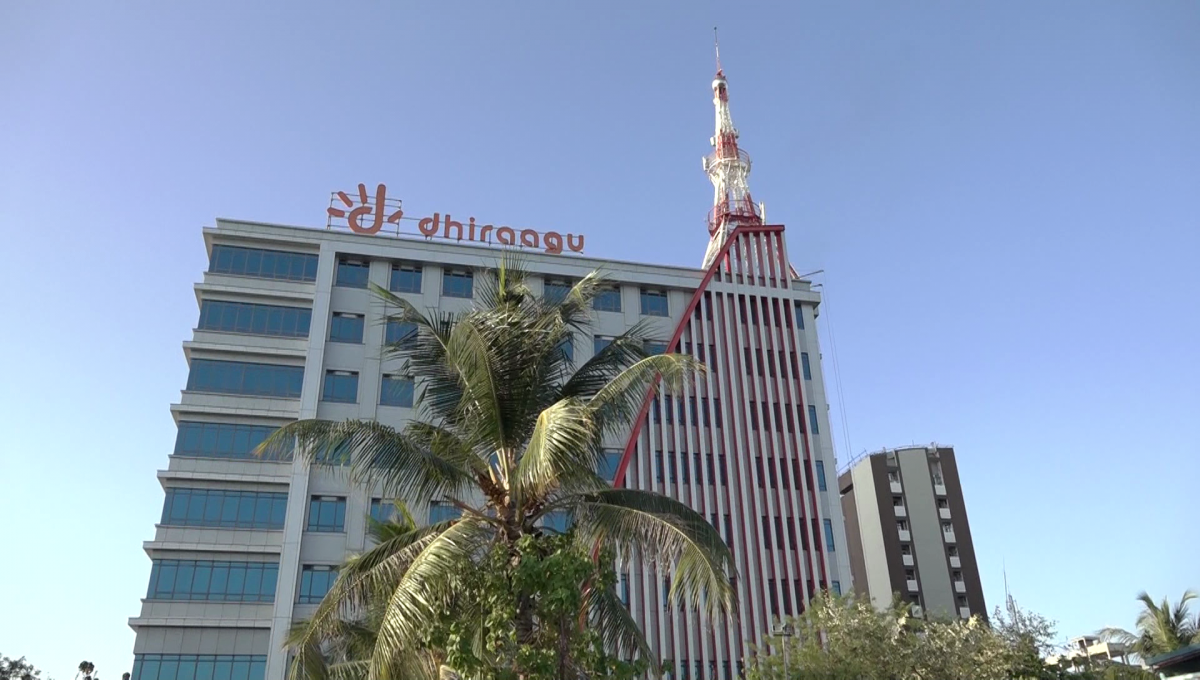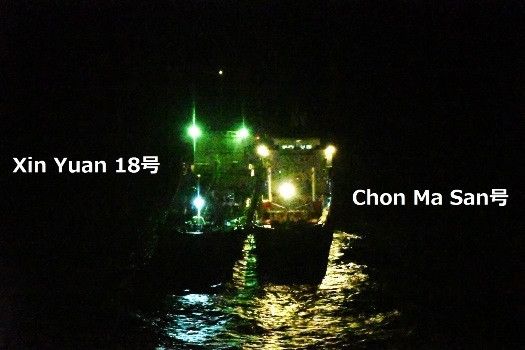Violent crackdown at “Lootuvaaifi” protest signals waning legitimacy: Solih
Violent police crackdown on opposition protest in Malé City sparks public outrage and political condemnation

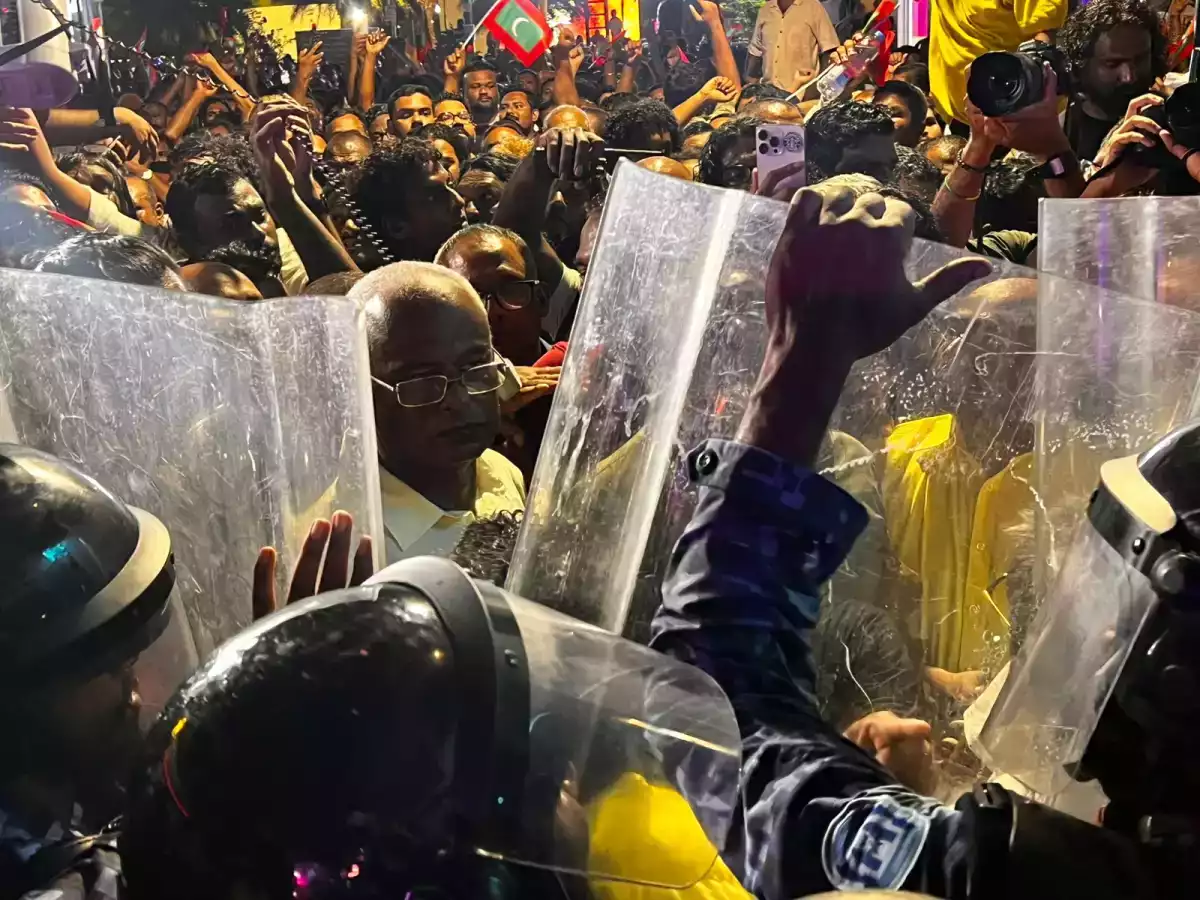
Former President Solih at the forefront of the MDP-led "Lootuvaifi" demonstration. 03.10.2025.
The incumbent administration is facing mounting public outrage and political condemnation following a violent police crackdown on the opposition-led “Lootuvaaifi, Lootuvaifi!” protest in the capital, Malé City on Friday night, an act former President Ibrahim Mohamed Solih views as a turning point in the government’s unraveling grip on legitimacy.
Among those affected was Mohamed Raslaan, Vice President of the MDP’s Central Hulhumalé constituency, who suffered a heart attack after being exposed to pepper spray deployed by riot police during the demonstration. His condition has amplified already growing fears over the consequences of the state’s escalating use of force against civilians.
Former President Solih condemned the events in the strongest terms. The former head of state framed the violent response not as an isolated incident, but as a symptom of a government that is losing its moral and democratic legitimacy. In his view, when a government answers public outcry with force, it is no longer governing with the consent of the people, it is ruling through fear.
Former Vice President Faisal Naseem also joined the chorus of condemnation, calling for accountability and emphasizing that peaceful protests conducted within the bounds of law must be protected, not punished.
Friday night’s protest, organized by the main opposition Maldivian Democratic Party (MDP), was a major show of defiance against the current administration’s policies and actions. Citizens from all walks of life flooded the Artificial Beach region in what became a powerful act of collective resistance. But what began as a peaceful demonstration soon devolved into chaos as riot police unleashed chemical agents, physical force, and even sonic weapons, methods more associated with authoritarian regimes than democratic states.
The sight of unarmed citizens being brutalized in the capital has shaken the conscience of the nation. Videos and images circulating on social media paint a chilling picture: protesters coughing, collapsing, shielding their faces from pepper spray, and in Raslaan’s case, collapsing altogether due to a medical emergency triggered in the chaos.
Public reaction has been swift and fierce. Activists, political leaders, and ordinary citizens alike have taken to digital platforms to denounce the government’s actions and demand justice. There is a growing consensus that Friday night marked not just an attack on individuals, but an assault on democracy itself.
As calls for accountability grow louder, the Muizzu administration faces a reckoning. The choice is now stark, restore the democratic values the nation has fought so hard to uphold, or continue down a path where violence replaces dialogue, and legitimacy is traded for brute force.
The people have spoken, not with silence, but with courage, and when a government fears its people’s voices more than anything else, it is not strength it shows, but weakness.
